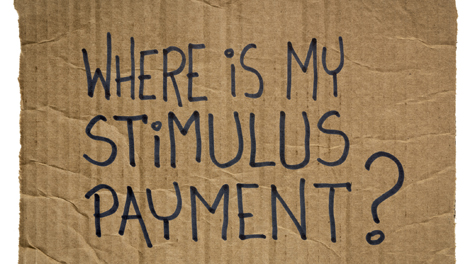The Early Release of Super scheme implemented during the COVID-19 pandemic had little impact on financial resilience or wellbeing, new research has shown.

The e61 Institute analysis was submitted to the Commonwealth government COVID-19 response inquiry and analysed the Household, Income and Labour Dynamics in Australia (HILDA) Survey to assess the wellbeing impact of the financial support measures the government implemented during that period.
It found that overall, boosting income support during the pandemic was highly effective at stimulating spending, reducing financial stress, and improving wellbeing, but the early release of super was not as effective in achieving all three goals.
The analysis of bank transaction data shows people who received the one-off $750 Economic Support Payment (ESP) and the $550 per fortnight JobSeeker Payment Coronavirus Supplement (JSP) spent their relief payments quickly and mostly on essentials such as groceries.
ESP recipients spent 70 per cent of the payment, and JSP recipients spent 58 per cent of the extra support over their first fortnight.
Meanwhile, people who participated in the Early Release of Super (ERS) scheme spent 31 per cent of the money they withdrew over the first two weeks.
Wellbeing temporarily improved for JSP recipients while the supplement was in place, but the ERS scheme – despite being intended to target those in ”financial stress” – did not lead to improvements in financial resilience or wellbeing.
“Our research suggests that in terms of stimulating spending and improving wellbeing, the JobSeeker supplement was the most effective economic support payment deployed during the COVID-19 pandemic,” said e61 research director Dr Gianni La Cava.
“Recipients spent the JSP Supplement and ESP quickly, with 20–25 per cent of each payment spent on the day it was received, while the ERS was spent more gradually over the first fortnight.”
La Cava added that, notably, ERS had the biggest impact on aggregate spending because it was of larger value, on average.
“The fact the JSP was the only payment to significantly improve recipients’ wellbeing may be because it made up 25 per cent of income for its recipients, compared with 19 per cent for the early super release – suggesting it was better targeted at people on lower incomes,” he said.
“The limited impact of the early super release scheme on financial resilience or wellbeing suggests it was too broad. If policymakers want to stimulate spending, reduce financial stress and improve wellbeing during future economic downturns, targeted boosts to income support programs should be part of their toolkit.”
Between April and June 2020, e61 estimates that about 4.9 million people received the $750 ESP, while 2.5 million received the $550 per fortnight JobSeeker supplement and 2.4 million applied for early super release with an average of $8,223 withdrawn.
The super release scheme – which allowed withdrawals up to $10,000 – created an estimated $6.3 billion of extra spending between April and June 2020, compared with $2.7 billion for the economic support payment and $4.2 billion for the JobSeeker coronavirus supplement.
By Keeli Cambourne
August 27 2024
smsfadviser.com



